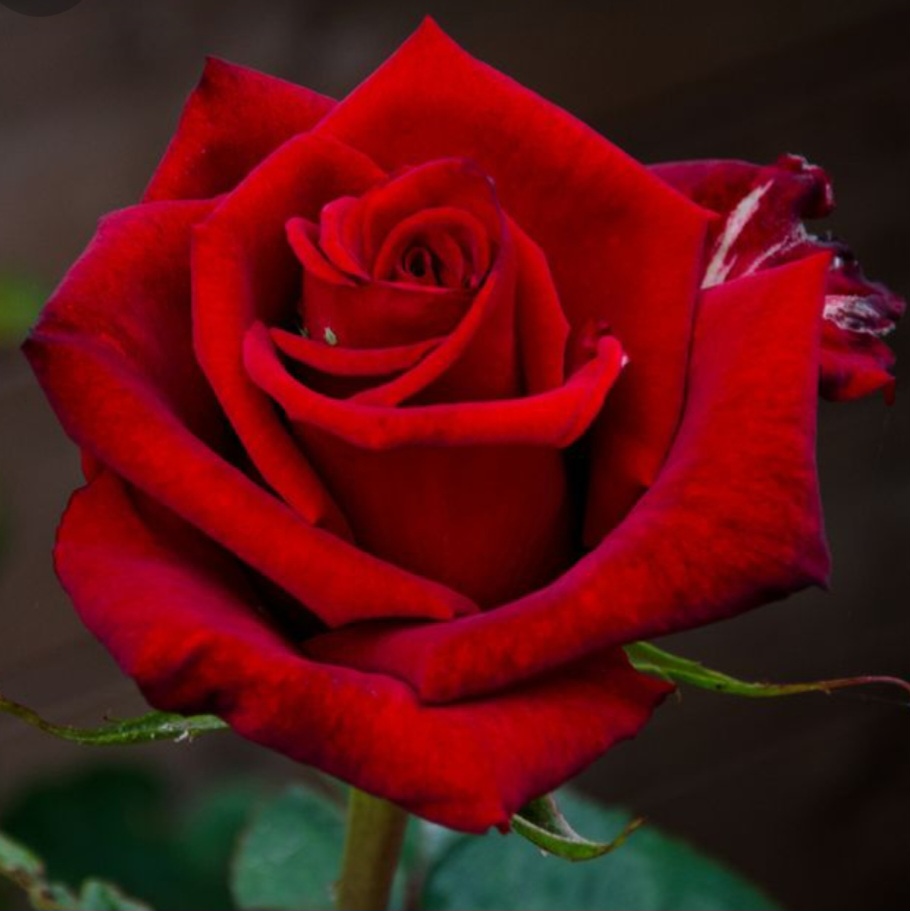
Scientific Name: Rosa spp.
Local Name in India: Gulab
Rose plants, with their captivating beauty and enchanting fragrance, have been cherished by garden enthusiasts for centuries. Whether you’re a seasoned gardener or a budding plant lover, understanding the essentials of cultivating healthy rose plants is crucial. In this blog, we’ll walk you through the key aspects of rose plant care, from soil and water requirements to sunlight exposure, fertilization, pruning, and protection.
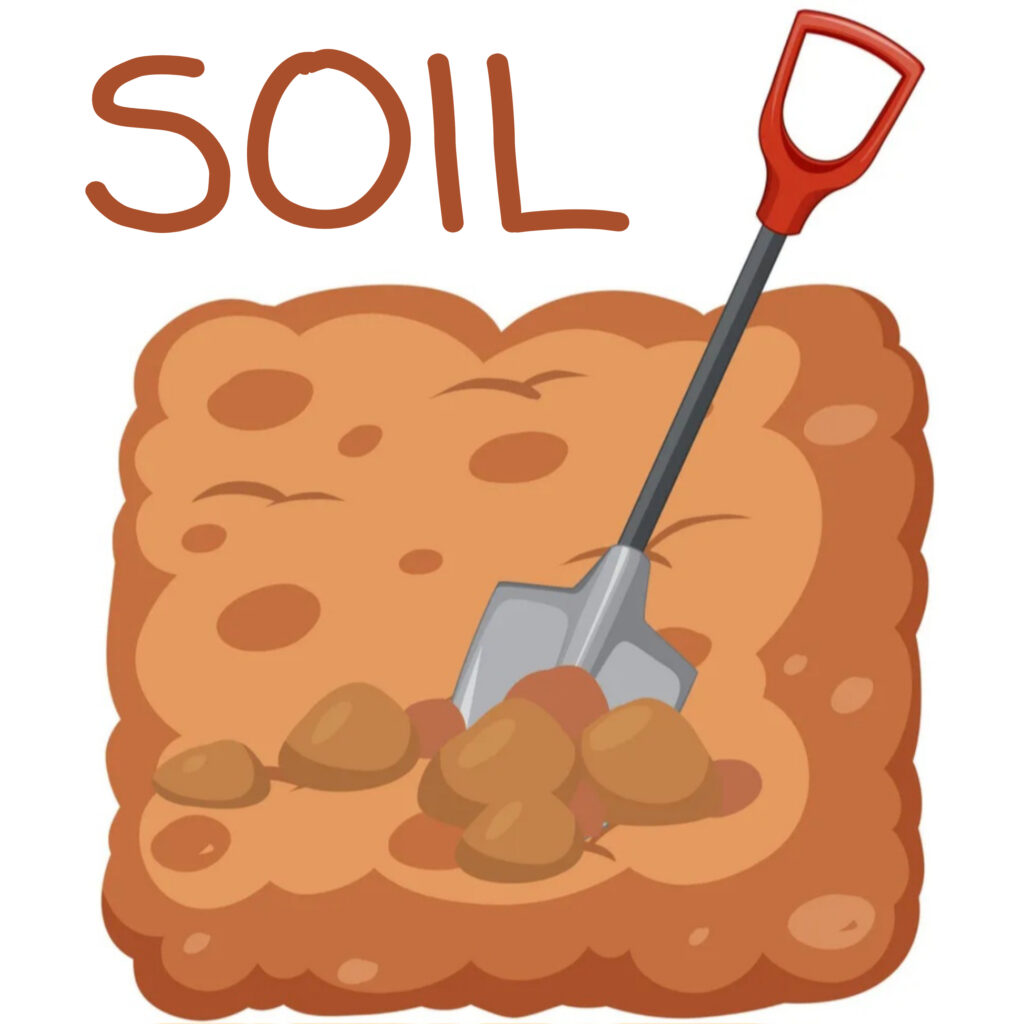
SOIL Requirement
Rose plants thrive in well-draining soil with a pH range of 6.0 to 6.5. Loamy soil enriched with organic matter is ideal for their growth. This type of soil ensures proper water retention while preventing waterlogging, which can be detrimental to the plant’s health.
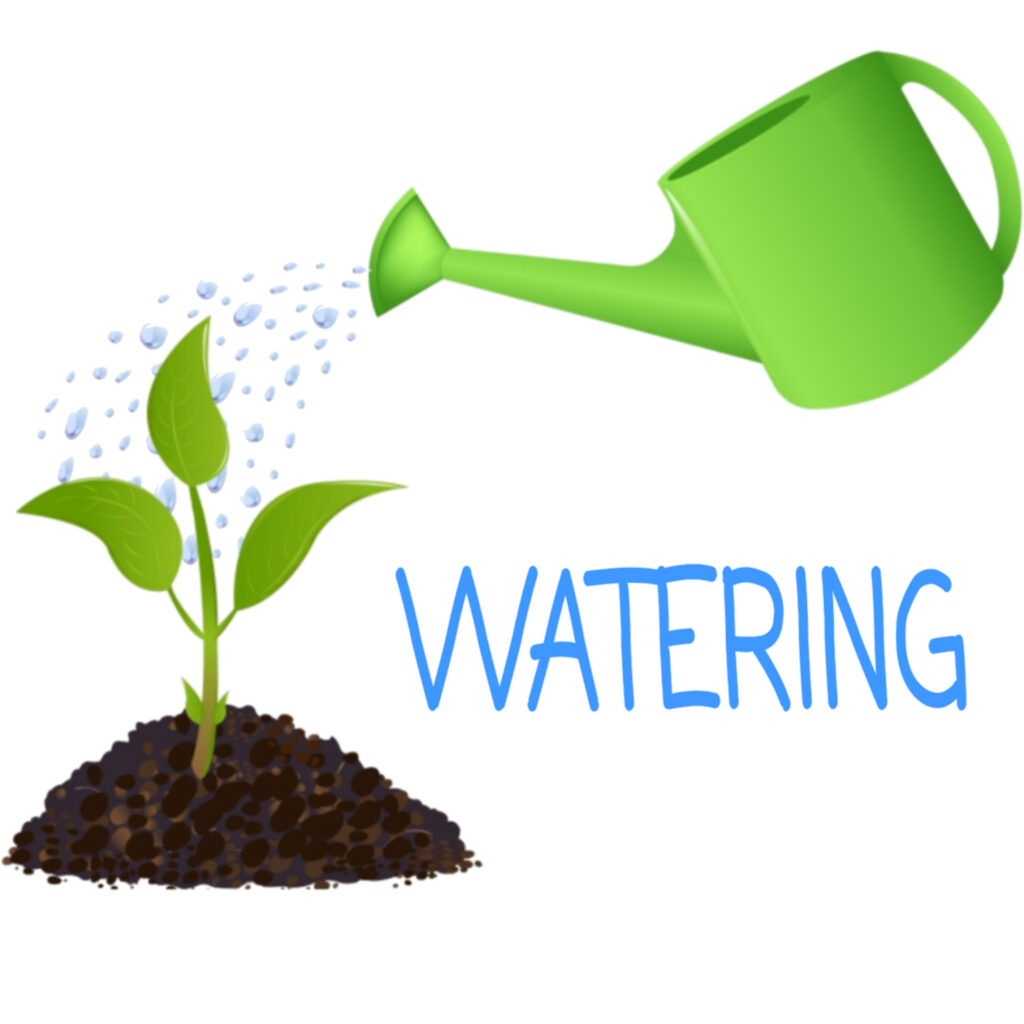
Watering Frequency
Rose plants prefer regular and consistent watering. During the growing season, which is typically spring and summer, water the plants deeply at least once a week. The goal is to keep the soil evenly moist but not soggy. In hot and dry conditions, you may need to water more frequently.

Sunlight Requirement
Roses are sun-loving plants and require a minimum of 6 hours of direct sunlight each day. Plant them in a location where they receive ample sunlight to encourage healthy growth and abundant flowering.
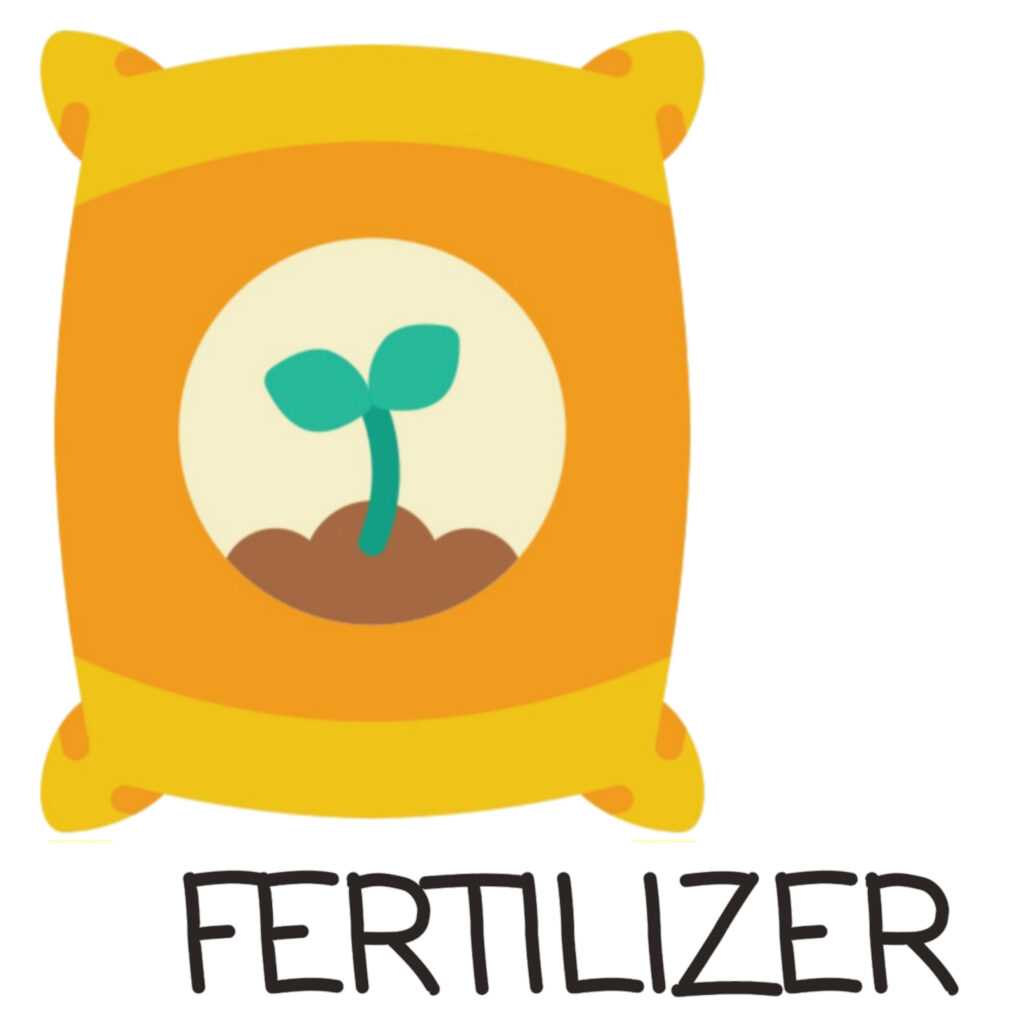
Fertilizer Application
For optimal growth and blooming, it’s essential to provide roses with the right nutrients. A recommended fertilizer is *Kulsum Vermicompost Plus*, which is rich in organic matter, beneficial microorganisms, and essential nutrients. Apply this fertilizer once a month during the growing season. Whether you’re growing roses in pots or gardens, this organic fertilizer can significantly enhance the plant’s health and flowering potential.

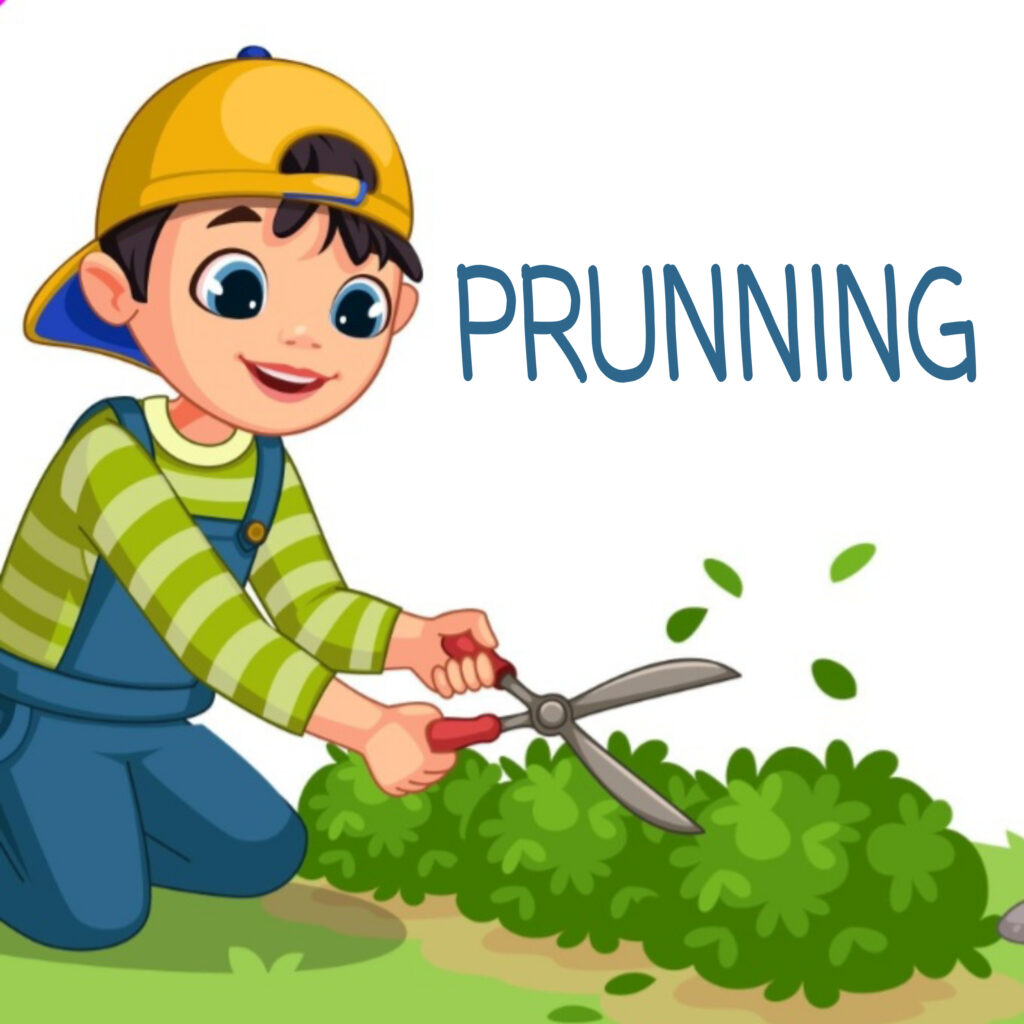
Pruning of Plant
Pruning plays a crucial role in maintaining the shape and health of rose plants. Prune during the dormant season (late winter or early spring) to remove dead, diseased, or weak branches. Additionally, pruning encourages new growth and enhances flowering. Regular deadheading (removing spent flowers) during the blooming season also promotes continuous flowering.
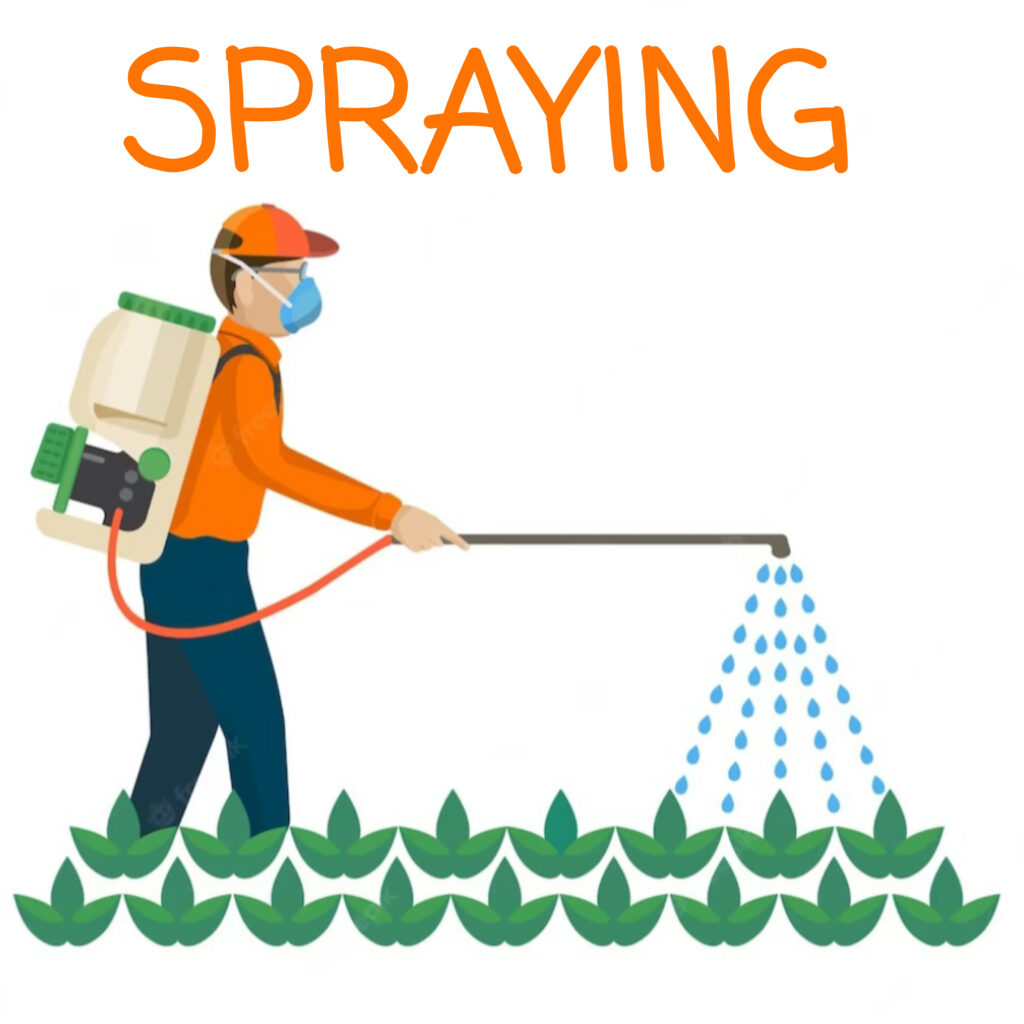
Plant Protection
Rose plants can be susceptible to pests and diseases such as aphids, powdery mildew, and black spot. To protect your plants, regularly inspect them for any signs of infestation or disease. Encourage natural predators like ladybugs and lacewings to control pests. Using organic methods, such as neem oil or insecticidal soap, can help manage pest issues without harming beneficial insects.
Remember that the key to successful rose cultivation is consistency and care. By following these guidelines and using *Kulsum Vermicompost Plus* as your chosen fertilizer, you can enjoy beautiful and vibrant roses in your garden or pots throughout the growing season.

